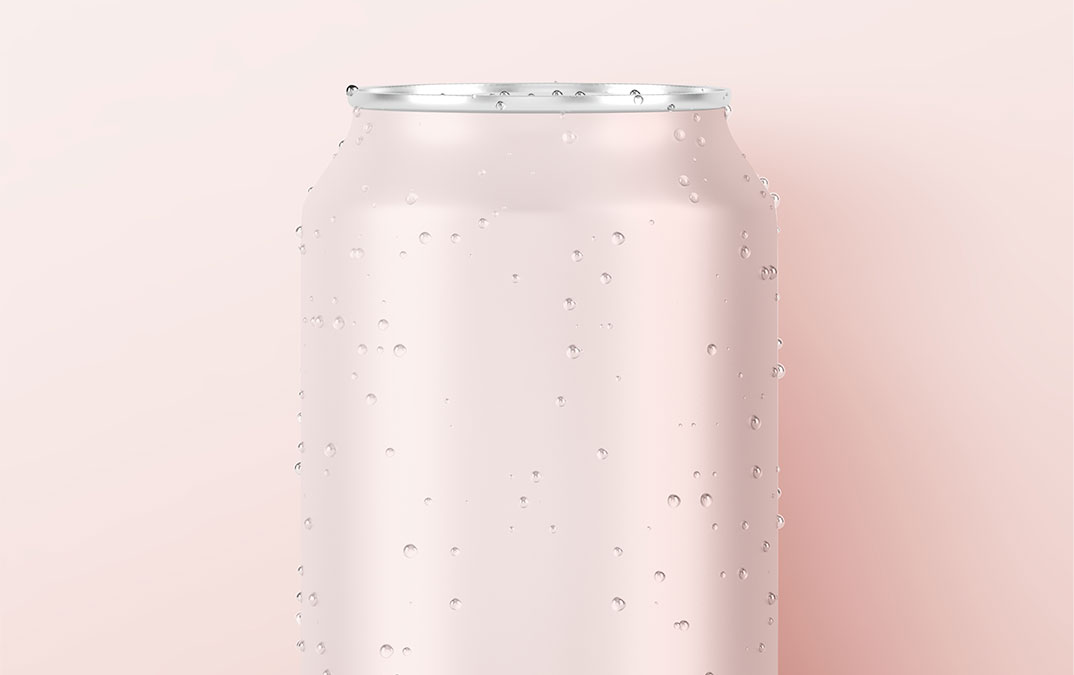In a recent YouTube video, industry expert Joshua Schall delves into the growing trend of consumers re-evaluating their relationship with caffeine.
As society increasingly questions its long-term health effects, Schall suggests we may be on the cusp of a broader movement towards mindful caffeine consumption, similar to the mindful drinking and sober curious trends that emerged from Dry January.
Caffeine, the world’s most widely used psychoactive drug, has become deeply ingrained in our daily lives. Schall notes that while caffeine itself isn’t inherently good or bad, our relationship with it determines its impact. Over time, many people develop a tolerance, leading to increased consumption and dependency. The cycle often begins with a simple morning cup of coffee but can escalate to multiple servings throughout the day to maintain the same stimulating effects.
Schall highlights recent consumer surveys indicating a shift towards finding a healthier relationship with caffeine. This mirrors the early stages of the alcohol reduction trend seen in the early 2010s, which led to the rise of Dry January and subsequent movements like mindful drinking and sober curious.
While there hasn’t been an event-based catalyst for caffeine reduction akin to Dry January, social media chatter and self-motivated abstinence challenges suggest a budding trend. Schall envisions the potential emergence of “mindful stimulation,” where consumers are more present and intentional with their caffeine intake, and “decaf curious,” where individuals explore life without caffeine.
Tune into his insights in the video below.

